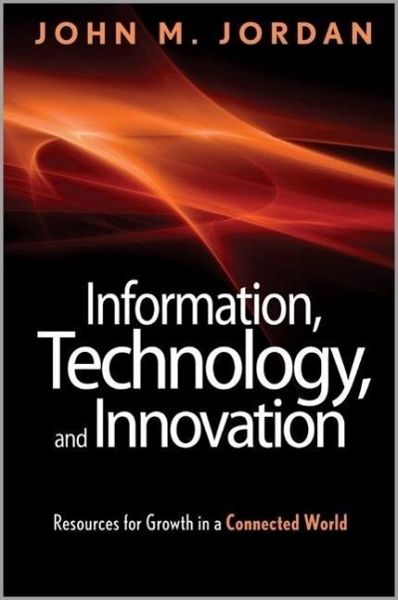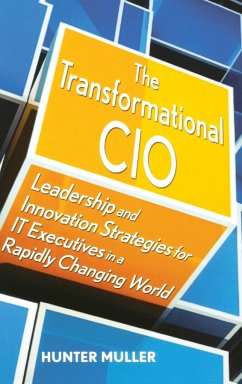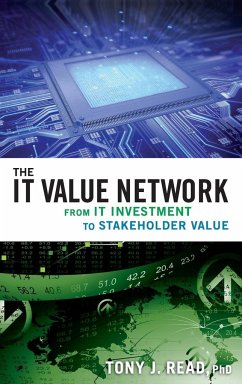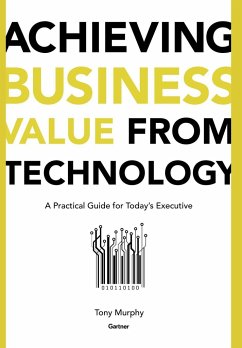
Information, Technology
Versandkostenfrei!
Versandfertig in über 4 Wochen
43,99 €
inkl. MwSt.
Weitere Ausgaben:

PAYBACK Punkte
22 °P sammeln!
A big-picture look at how the latest trends in information management and technology are impacting business models and innovation worldwideWith all of the recent emphasis on "big data," analytics and visualization, and emerging technology architectures such as smartphone networks, social media, and cloud computing, the way we do business is undergoing rapid change. The right business model can create overnight sensations--think of Groupon, the iPad, or Facebook. At the same time, alternative models for organizing resources such as home schooling, Linux, or Kenya's Ushihidi tool transcend conve...
A big-picture look at how the latest trends in information management and technology are impacting business models and innovation worldwide
With all of the recent emphasis on "big data," analytics and visualization, and emerging technology architectures such as smartphone networks, social media, and cloud computing, the way we do business is undergoing rapid change. The right business model can create overnight sensations--think of Groupon, the iPad, or Facebook. At the same time, alternative models for organizing resources such as home schooling, Linux, or Kenya's Ushihidi tool transcend conventional business designs. Timely and visionary, Information, Technology, and the Future of Commerce looks at how the latest technology trends and their impact on human behavior are impacting business practices from recruitment through marketing, supply chains, and customer service.
Discusses information economics, human behavior, technology platforms, and other facts of contemporary life
Examines how humans organize resources and do work in the changing landscape
Provides case studies profiling how competitive advantage can be a direct result of innovative business models that exploit these trends
Revealing why traditional strategy formulation is challenged by the realities of the connected world, Information, Technology, and the Future of Commerce ties technology to business and social environments in an approachable, informed manner with innovative, big-picture analysis of what's taking place now in information strategy and technology.
With all of the recent emphasis on "big data," analytics and visualization, and emerging technology architectures such as smartphone networks, social media, and cloud computing, the way we do business is undergoing rapid change. The right business model can create overnight sensations--think of Groupon, the iPad, or Facebook. At the same time, alternative models for organizing resources such as home schooling, Linux, or Kenya's Ushihidi tool transcend conventional business designs. Timely and visionary, Information, Technology, and the Future of Commerce looks at how the latest technology trends and their impact on human behavior are impacting business practices from recruitment through marketing, supply chains, and customer service.
Discusses information economics, human behavior, technology platforms, and other facts of contemporary life
Examines how humans organize resources and do work in the changing landscape
Provides case studies profiling how competitive advantage can be a direct result of innovative business models that exploit these trends
Revealing why traditional strategy formulation is challenged by the realities of the connected world, Information, Technology, and the Future of Commerce ties technology to business and social environments in an approachable, informed manner with innovative, big-picture analysis of what's taking place now in information strategy and technology.













